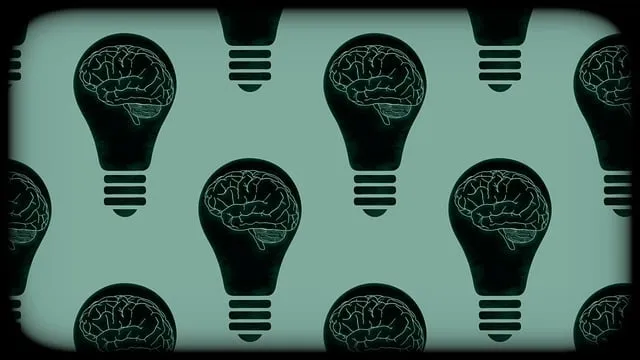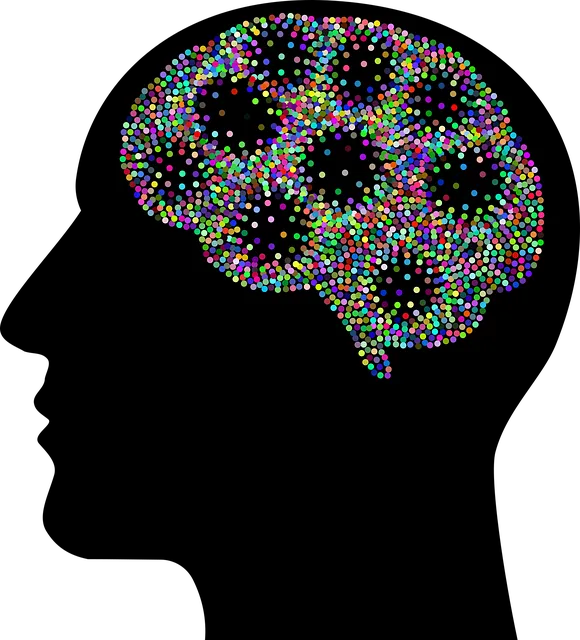The Kaiser Permanente mental health center in Wheat Ridge prioritizes cultural competency through specialized training that enhances emotional well-being and resilience among both patients and providers. By focusing on building cultural sensitivity and teaching emotional regulation techniques, the center fosters an inclusive environment, improves patient outcomes, reduces barriers to treatment, and ensures high-quality, holistic care for a diverse patient population. Continuous improvement is measured through staff and client feedback, guiding policy updates and training enhancements to create a compassionate healthcare setting.
Cultural competency is an essential aspect of modern healthcare, ensuring providers understand and respect diverse patient backgrounds. This article explores the significance of cultural competency training, highlighting the efforts of Kaiser Permanente Wheat Ridge Mental Health Center in fostering inclusive practices. We’ll delve into key components of effective training programs and discuss strategies for measuring impact, emphasizing continuous improvement. By examining these approaches, healthcare organizations can enhance patient experiences, especially within mental health services, mirroring the comprehensive care that Kaiser Permanente Wheat Ridge is known for.
- Understanding Cultural Competency in Healthcare: Why It Matters
- The Role of Kaiser Permanente Wheat Ridge Mental Health Center
- Key Components of Effective Training Programs
- Measuring Impact and Continuous Improvement Strategies
Understanding Cultural Competency in Healthcare: Why It Matters

Cultural competency is an essential aspect of healthcare that goes beyond treating physical symptoms. It involves recognizing and respecting diverse cultural backgrounds, beliefs, and values, ensuring every patient receives care tailored to their unique needs. At institutions like Kaiser Permanente’s mental health center in Wheat Ridge, understanding cultural nuances is vital to delivering holistic treatment. Many patients enter the healthcare system with complex emotional and psychological issues that are deeply rooted in their cultural identities.
By incorporating Emotional Well-being Promotion Techniques and Resilience Building into Mental Health Education Programs Design, healthcare providers can foster an environment of trust and understanding. This approach not only improves patient outcomes but also strengthens the bond between care providers and patients from various cultural backgrounds. It allows for more effective communication, reduces potential barriers to treatment, and promotes a sense of belonging, ultimately enhancing the overall quality of mental health services.
The Role of Kaiser Permanente Wheat Ridge Mental Health Center

The Kaiser Permanente Wheat Ridge Mental Health Center plays a pivotal role in promoting cultural competency within healthcare, especially among mental health professionals. This center is dedicated to providing comprehensive care and fostering an inclusive environment for all patients, regardless of their background or identity. By offering specialized training programs, it equips healthcare providers with the skills necessary to navigate diverse cultural landscapes effectively.
The center’s initiatives focus on enhancing self-awareness exercises, which are essential tools for depression prevention. They encourage professionals to explore and understand their own biases and beliefs, allowing them to create a safe space for patients. Additionally, they emphasize the development of self-care routines as a means to maintain mental well-being, ensuring that healthcare providers can offer optimal support to their clients at Kaiser Permanente Wheat Ridge.
Key Components of Effective Training Programs

Effective cultural competency training programs for healthcare providers, like those offered at Kaiser Permanente mental health centers in Wheat Ridge, should incorporate several key components. Firstly, they must focus on building cultural sensitivity in mental healthcare practice, ensuring providers understand diverse patient backgrounds and how these influences impact mental health experiences and expressions. This involves exploring various cultural beliefs, values, and practices related to mental illness and healing.
Additionally, programs should emphasize emotional regulation techniques for healthcare providers themselves. Burnout prevention strategies for healthcare providers are vital, as caregiver well-being directly impacts the quality of care. Training should equip professionals with tools to manage stress, maintain boundaries, and foster healthy work environments. Through these comprehensive approaches, Kaiser Permanente’s mental health centers in Wheat Ridge aim to create a more inclusive and compassionate healthcare setting.
Measuring Impact and Continuous Improvement Strategies

Measuring the impact of cultural competency training is essential to ensure that healthcare providers at the Kaiser Permanente mental health center in Wheat Ridge are equipped to offer effective care. This process involves assessing changes in provider attitudes, behaviors, and patient outcomes over time. By collecting feedback from both staff and clients, the center can identify areas where additional support or training might be needed, fostering a continuous improvement culture.
Strategizing for ongoing enhancement includes implementing regular monitoring systems, encouraging open dialogue among team members, and integrating feedback into policy revisions. Incorporating techniques such as Positive Thinking and Anxiety Relief into the curriculum, coupled with Crisis Intervention Guidance, ensures that providers are adept at addressing diverse patient needs, ultimately enhancing overall healthcare quality.
Cultural competency training is a game-changer in healthcare, especially at Kaiser Permanente’s Wheat Ridge Mental Health Center. By understanding and addressing cultural nuances, these programs ensure diverse patient populations receive respectful, equitable care. The key lies in comprehensive training that covers history, values, and communication styles, as demonstrated by Kaiser Permanente’s leading example. Effective programs measure impact through feedback and continuous improvement, fostering an inclusive environment where every patient feels heard and valued, just as they would in a vibrant, bustling community.






